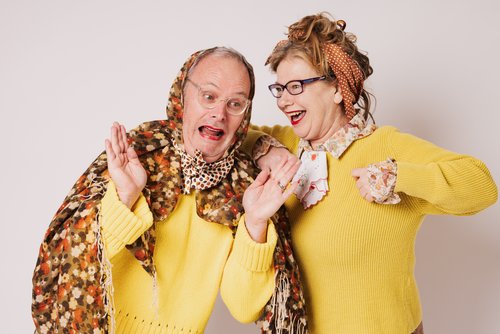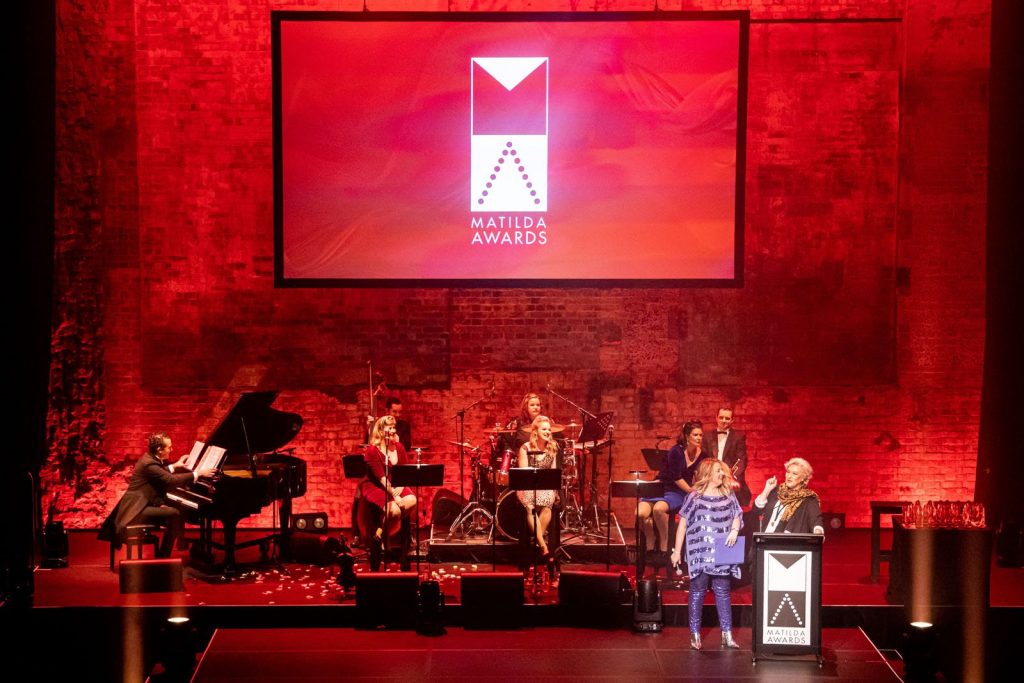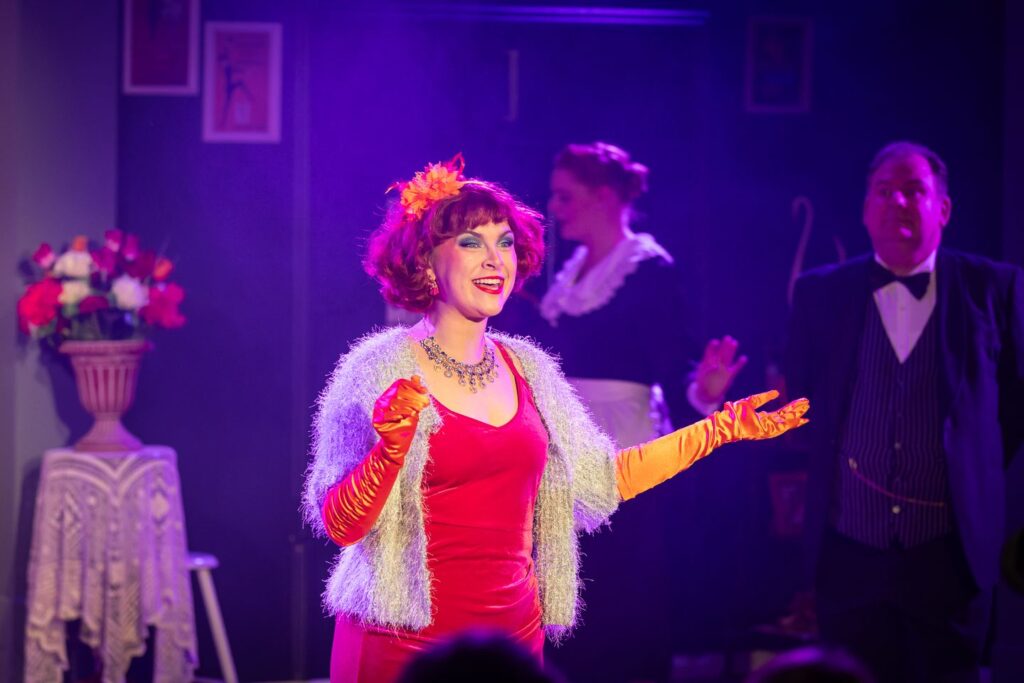
‘First Love is the Revolution’ // Wit Incorporated
‘First Love is the Revolution’ was foxy.
After seeing ‘First Love is the Revolution’, one may wonder if all the other Intimacy Coordinators out there know what they’re missing, or if Rebecca Fortuna, after filling the role for this production, will ever find satisfaction in merely coordinating the intimacy of single species relationships.
Rita Kalnejais’ play sees a young man named Basti (Sam Eade), who is struggling with the absence of his mother, have a ‘meet cute’ with a vixen named Rdeca (Madeleine Magee-Carr) dealing with the absence of her father. At first, Rdeca can only be said to be a vixen in the literal sense, but the story could be considered her evolution into a figurative vixen.
Silvia Shao’s set for the piece is incredibly wide, with Basti’s kitchen and living area at one end and Rdeca’s den at the other, with plenty of room in the middle to double as other locations. The rear is made up of various graffitied suburban fences, sufficiently spaced to allow for entrances and to conceal characters when necessary, well used by director Emma Drysdale to prevent a static set from being visually monotonous.
Eade’s performance as Basti is a good match for the descriptions of the character as small and weak, but this is belied by reality when the script requires him to remove his shirt. Magee-Carr’s physical portrayal of Rdeca was deliciously large. Let’s hope that her apparent understanding of what it’s like to have fleas did not stem from method acting. The supporting cast was led by Greg Caine as Basti’s father, who should have stood out as a man struggling with raising a teen as a single Dad, while clearly affected by the status of his marriage. This role was upstaged however by a menagerie of animal characters, the most striking of which was a hilarious portrayal of a chicken, also played by Caine.
Kalnejais’ text invites comparison with Romeo and Juliet, especially when Rdeca is accused of taking up with human killers. Even though Romeo and Juliet has moments of violence and an extensive death toll, it is nothing compared to the level of focus this piece has on killing, to the extent that it is hard to relate to the animal characters. Most of us are neither killing every time we eat nor concerned about being eaten. It would appear however that the animal scenes have been well researched, or at least convincingly faked. At some point, someone out there will be told “I heard somewhere that foxes use moles to train their cubs to hunt,” with the source of the knowledge not quite being remembered.
Silvia Shao’s costumes for the animals had just a tad of anthropomorhising in them, but not enough to relate to a human aspect of the characters, until Rdeca takes off the orange clothes that represent her fur, close enough to the end of the piece to wonder if it is an Animal Farm moment of the lines between species becoming blurred. The text at this point however is suggesting less that the foxes are becoming human, and more that the humans are becoming wild.
Mixed in among the moments of humorous animal portrayals and awkward puppy love (cub love?), there are a couple of engaging human character studies, and moments of confronting violence, which perhaps could have been more so. If you go to see ‘First Love is the Revolution’, leave your pre-teens at home, and avoid the second row. A lot happens at paw level and you’ll appreciate either a front row view or the elevation you’ll get behind.
‘First Love is the Revolution’ performs until Saturday, 16 November 2024 at Bluestone Church Arts Space, Footscray. For more information visit their website.






